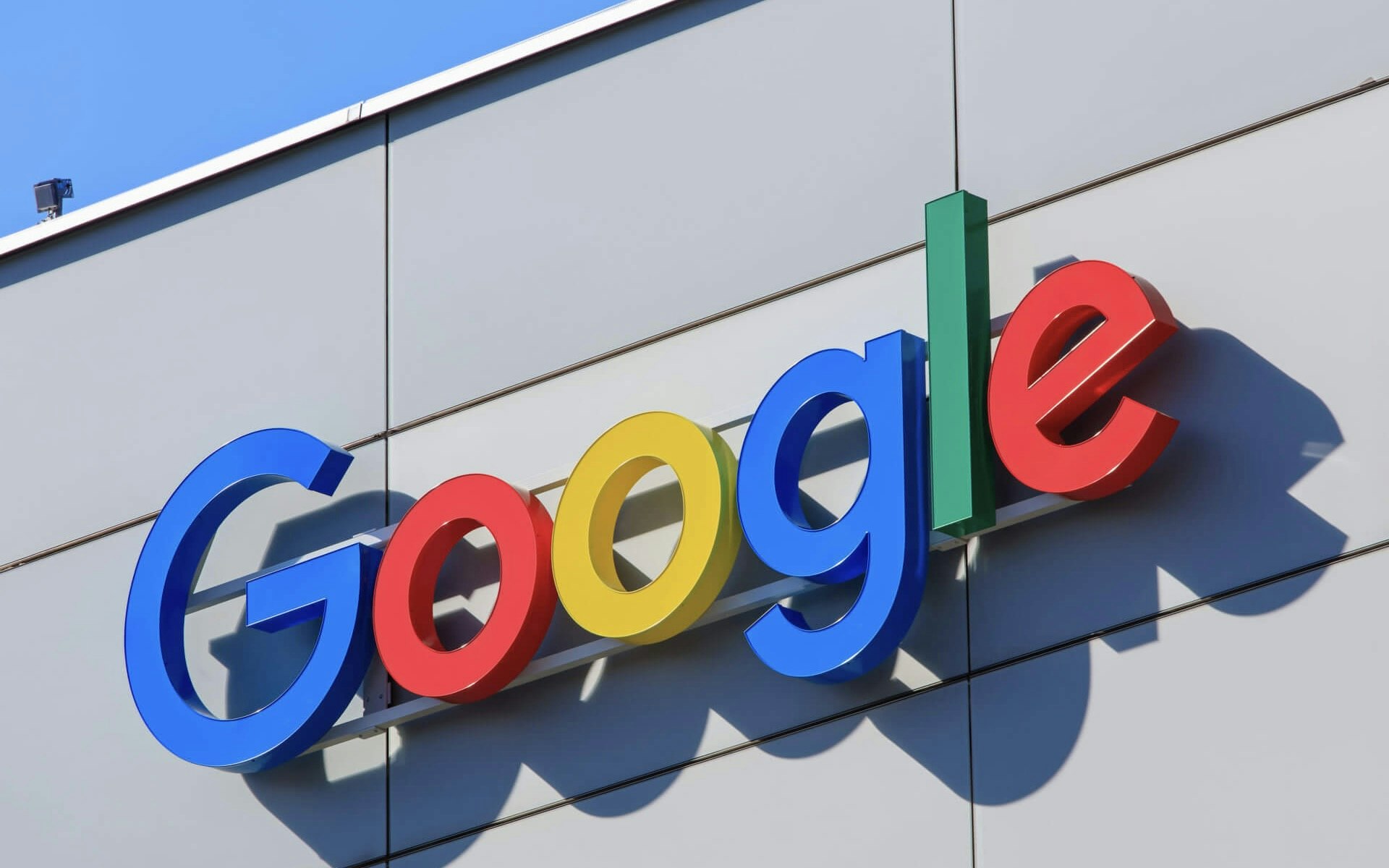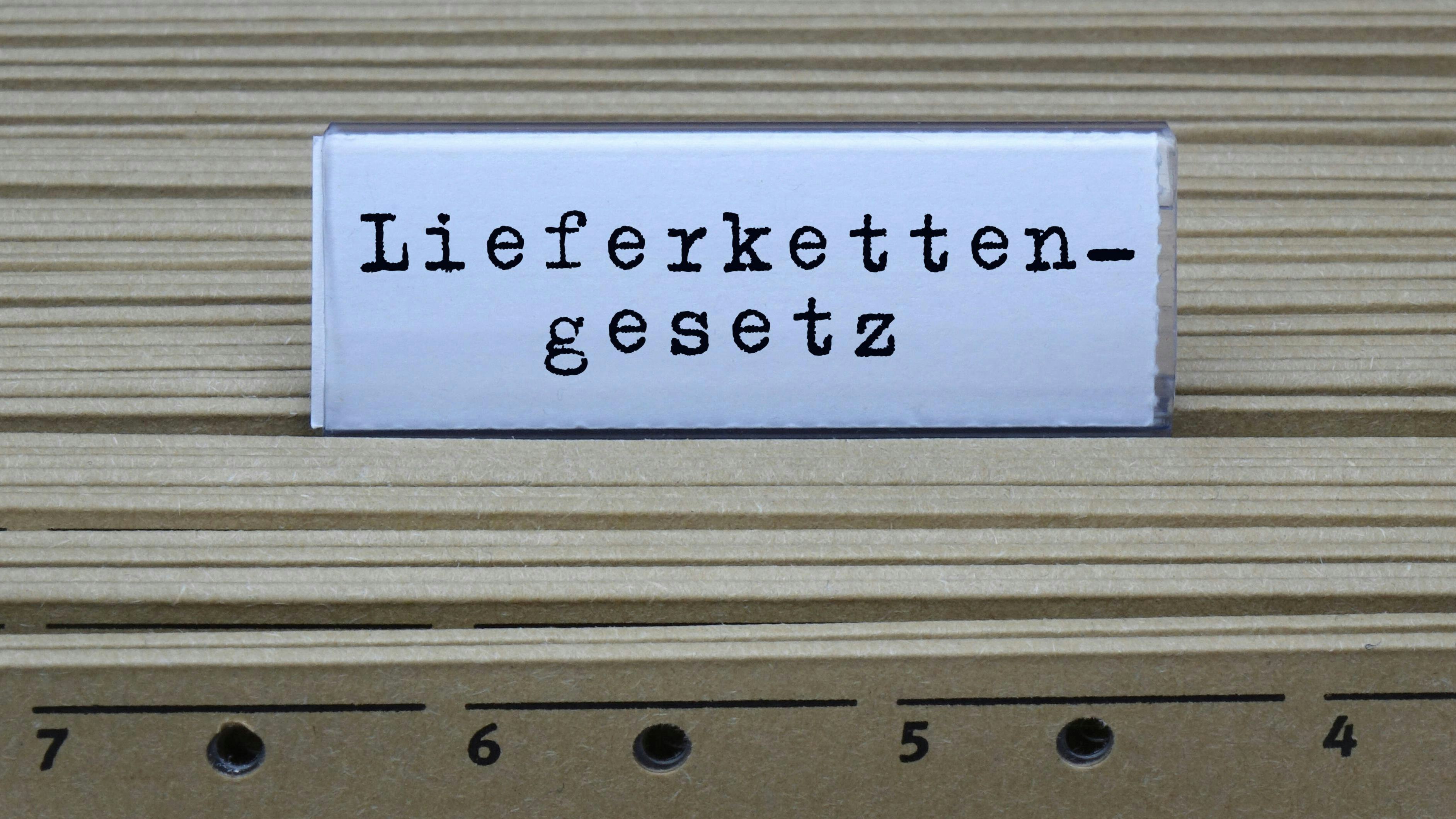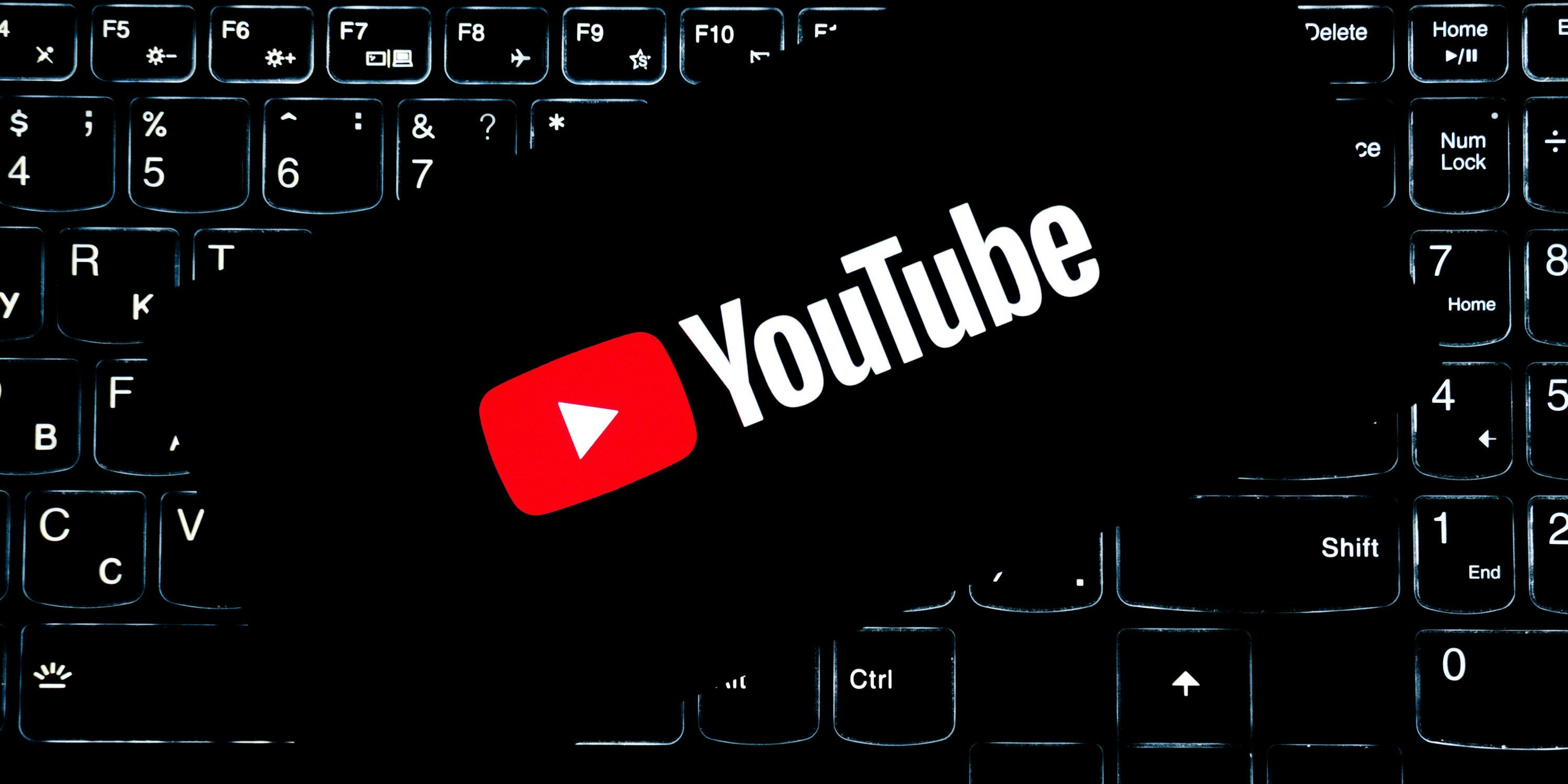Business
U.S. judge declares Google's ad-tech business an illegal monopoly – Breakup on the table
A US court rules: Google abuses its market power in the advertising business – breaking up comes closer.

With a ruling that could deeply affect the structure of Google's advertising business, a U.S. federal court has once again adjudged illegal monopoly practices by the Alphabet company. The decision particularly concerns the ad-tech sector, with which Google generated around 31 billion dollars last year – about one-tenth of the company's revenue.
The presiding judge Leonie Brinkema found that Google violated antitrust law in the market for ad servers and exchanges. Market dominance was reinforced not only through acquisitions of smaller competitors but also through strategic "tying" practices. Google made access to certain services dependent on the use of other products, systematically suppressing competition. Advertisers, media houses, and ultimately consumers have suffered as a result.
Alphabet shares fell by 1.5% after the verdict was announced on Thursday. Google immediately announced its appeal against the ruling. Vice President Lee-Anne Mulholland stated that the decision overlooks the benefits for publishers: "Our tools are efficient, affordable, and in demand. Publishers have alternatives.
Brinkema's verdict is the second within a few months to condemn Google as a monopolist. In August, a judge in Washington D.C. already declared Google's search engine's dominant position as anti-competitive. In both cases, the possibility of divesting key business areas such as Ad Exchange or even the Chrome browser is being discussed – demands also coming from the U.S. Department of Justice.
The Trump administration continues antitrust proceedings that began under President Biden. Parallel proceedings are underway against Apple, Meta, and Amazon. The Federal Trade Commission intends to force Meta to separate from Instagram and WhatsApp, while Apple defends against accusations of systematically excluding third-party services from iOS.
The ad-tech lawsuit against Google was supported by a bipartisan coalition of states. The focus was on the software for placing display ads. Media houses like News Corp, Gannett, and the "Daily Mail" publisher complained about effectively having no alternative to Google's AdX platform.
Particularly explosive: Internal emails that surfaced during the trial, according to the Ministry of Justice, demonstrate the excessive pursuit of margins. A Google manager internally criticized the "irrationally high share" of 20% that Google retains from ad revenue. Competitors had no real chance to compete against this.
Added to this is the accusation that Google attempted to hinder clarification by systematically deleting chat histories (“history off”) and abusively concealing documents as allegedly protected by attorney privileges. Although Judge Brinkema did not impose formal sanctions, she criticized the “systematic disregard of procedural rules.”
In the coming months, it will be about how far-reaching the consequences will be. A breakup of the ad-tech business is being discussed as well as restrictions on the bundling of products. One thing is clear: Google is at the center of the toughest antitrust battle against a US tech company in decades – and the legal finale is far from over.






